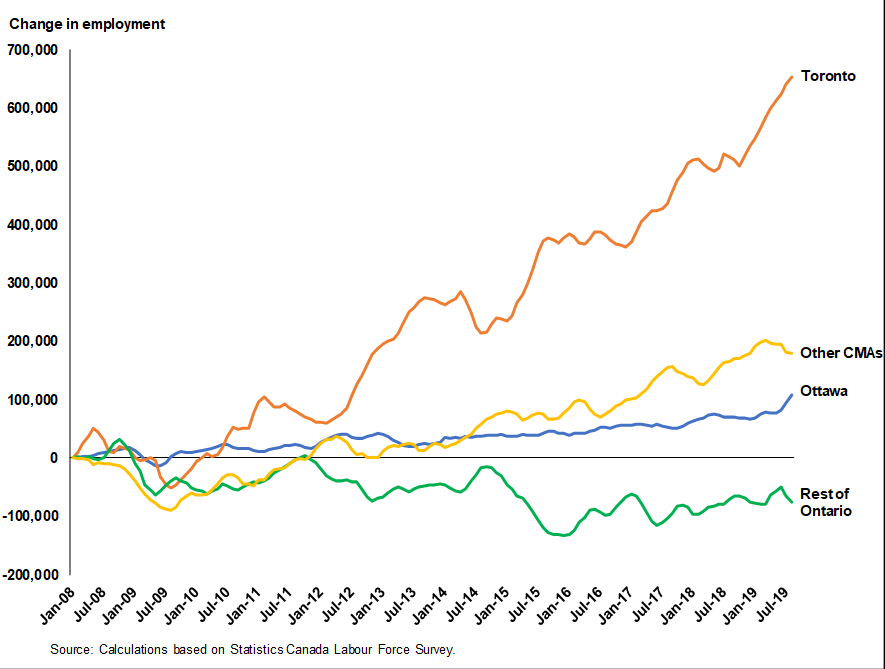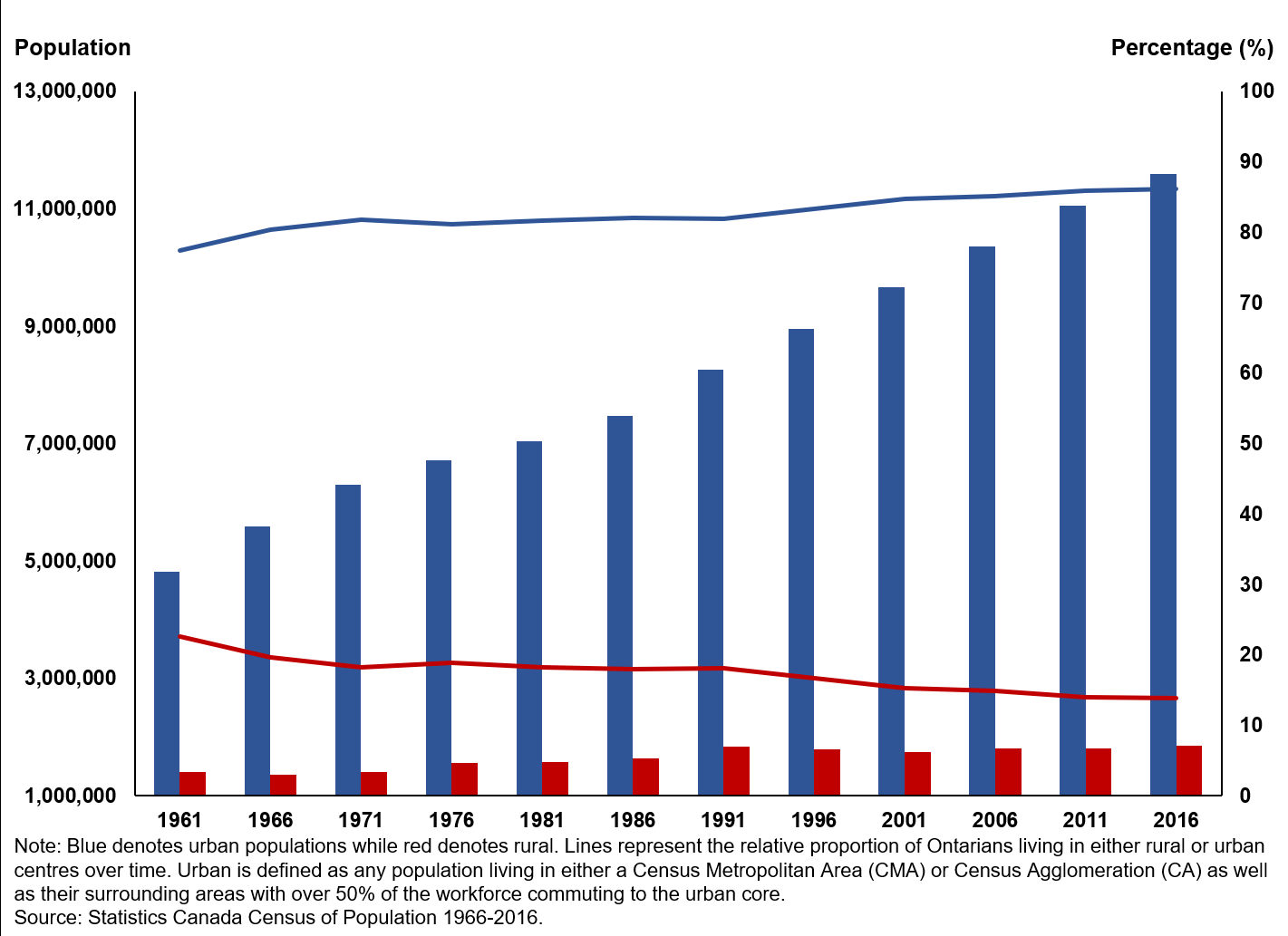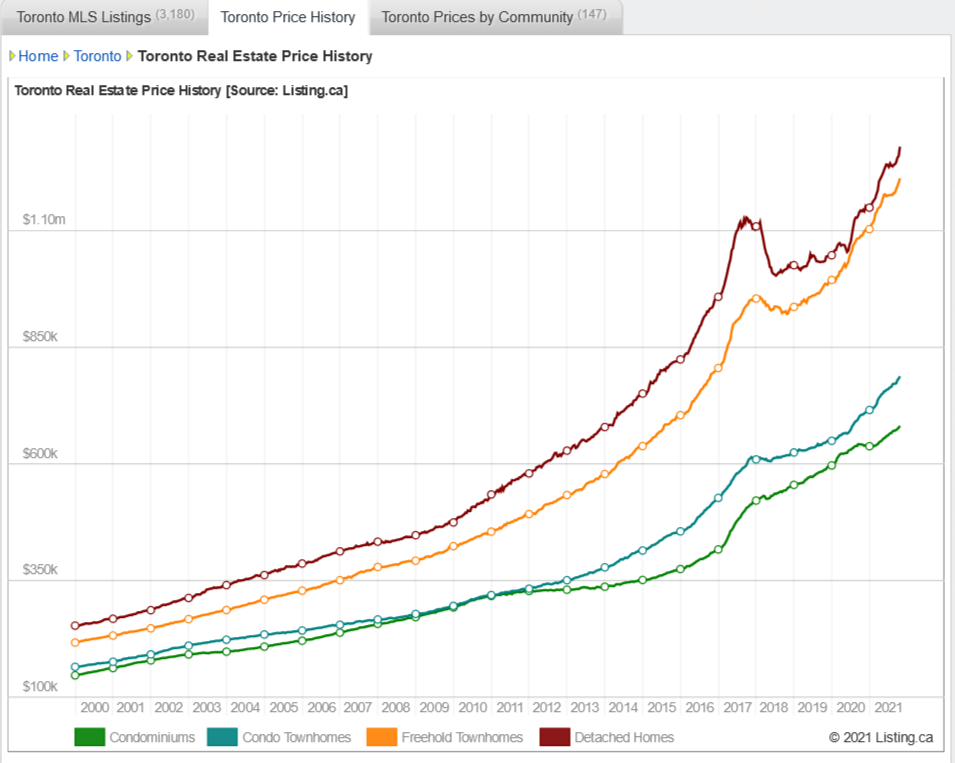Mergers Make Housing Unaffordable?

Alec MacGillis documented the rise and dominance of Amazon in “Fulfillment: Winning and Losing in One-Click America”. I loved this book. MacGillis doesn’t tell the story of Amazon directly, he tells this story through its impact on people and communities. The whole book is worth reading, I just want to focus on the impact Amazon’s dominance has had on housing prices in certain parts of the United States.
For example, on Washington, D.C. and Baltimore.
“The relentless growth was having predictable effects on the local housing market. In late 2018, the median price of a house or condo in the District crossed the $600,000 mark – five time the median home price in Baltimore.”((pp. 287, “Fulfillment: Winning and Losing in One-Click America” by Alec MacGillis))
Assuming that the supply and demand argument behind surging housing prices is correct((I don’t.)), this comparison is insightful. ((Washington, D.C and Baltimore are typically viewed as sister cities.)) Washington, D.C. is thriving and Baltimore is losing. All those people moving into Washington, D.C. for their jobs, it’s forcing up housing prices.
Yeah, but that’s the US. Canada?
In 2019, Ontario 360 wrote the policy paper “Measuring Ontario’s Urban-Rural Divide”.
They found employment in Toronto increased by almost 700,000 between January 2008 and July 2019. Rural parts of Ontario lost over 100,000 jobs in the same time frame.

Ontario 360 has also found that rural population as a percentage of total population in Ontario has been declining since 1961.

This makes sense.
700,000 more jobs in Toronto. 100,000 less in rural Ontario. People have to move where the jobs are.
This is the urban/rural divide.
What happens when more people move to the cities and increase the housing demand?
Higher real estate prices.

Instead of massively increasing supply to meet this demand, what if we could decrease the demand on housing in urban centers? What if a solution to the housing affordability problem is to create an economic system that breaks the rural/urban divide? ((I’m a skeptic that work from home accomplishes this. Large companies and organizations chose to let people work from home during COVID-19. After COVID-19 they could choose to stop WFH too. If this happens then we have a exodus from rural back to urban. This will increase real estate demand in the cities, raising prices. It will also decrease demand and increase supply in rural areas, crashing rural real estate prices.))
More economic opportunities in rural Canada could allow people to relocate from urban areas and reduce the demand on housing in larger centers.
What’s one cause of the rural/urban divide?
The Open Markets Institute found that the lack of anti-trust enforcement and the weakening of anti-monopoly laws in the United States led to this regional economic disparity.
Take for example the impact on entrepreneurship and independent retailers((https://www.openmarketsinstitute.org/learn/regional-inequality-monopoly)):

Leveling the playing field for small and medium sized businesses can make it easier for someone to start or grow a business in rural Canada. New businesses and growing businesses create more local jobs. These local jobs and businesses keep more people and money in rural areas and can help revitalize these communities.
Preventing massive mergers can help reduce the rural/urban divide. Most of the “efficiencies” gained through mergers are from people losing their jobs. These are typically jobs in rural areas. Preventing unnecessary mergers can stop these job losses before they happen. Unwinding previous mergers could erase these “efficiencies”, and in theory could create new jobs.
Having more economic opportunities in rural Canada will reduce the demand for housing in urban centers. This should in turn reduce the cost and make housing more affordable for all.((The obvious question is if we increase the demand for rural housing, won’t costs of housing increase too? I suppose these costs will. But it’s all relative, right? If real estate in Toronto drops by 25% then real estate across the country should also follow that price drop too. And creating better paying jobs throughout rural communities should increase wages and allow people to afford more. Either way, what we’re doing now isn’t working.))
How do we do this in Canada?
Simple, we must reform our Competition Act.
We must re-discover the populist spirit of the previous versions of the Competition Act. Then we need the Competition Bureau to enforce our laws around anti-competitive practices, to review mergers based on more than just efficiencies, and act in the best interests of individual Canadians.
This will move us forward in addressing the rural/urban divide and housing affordability too.

Member discussion